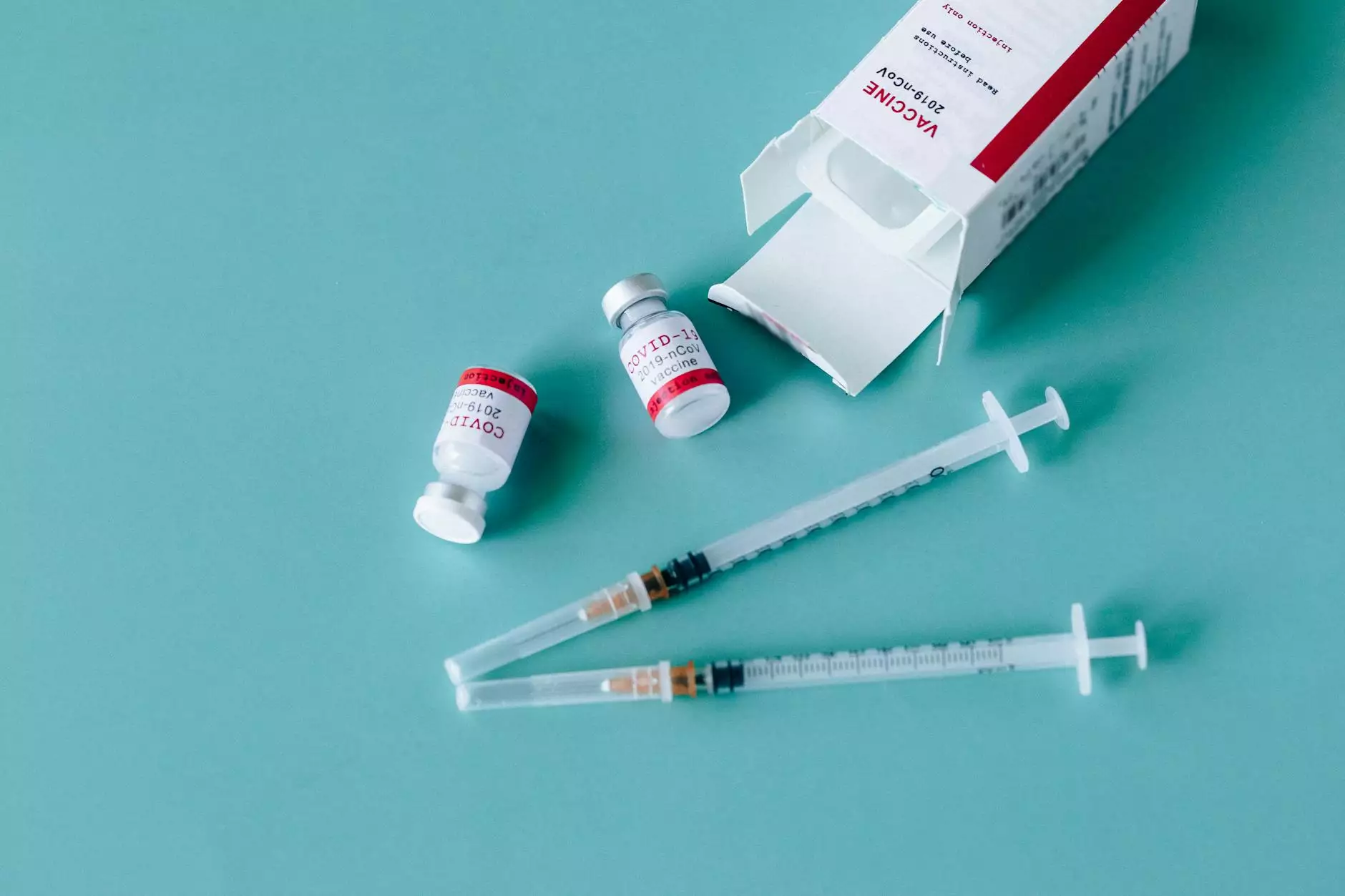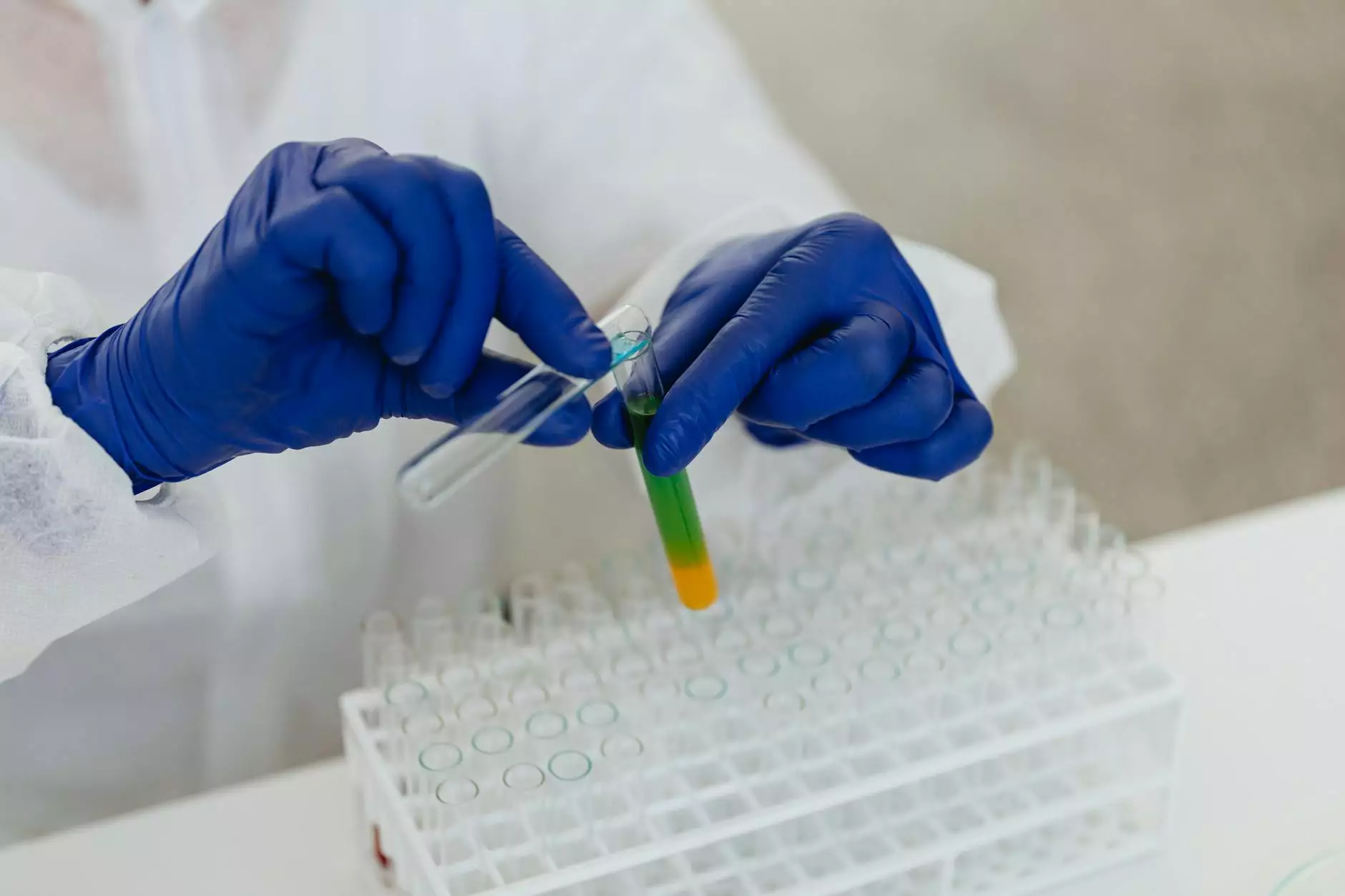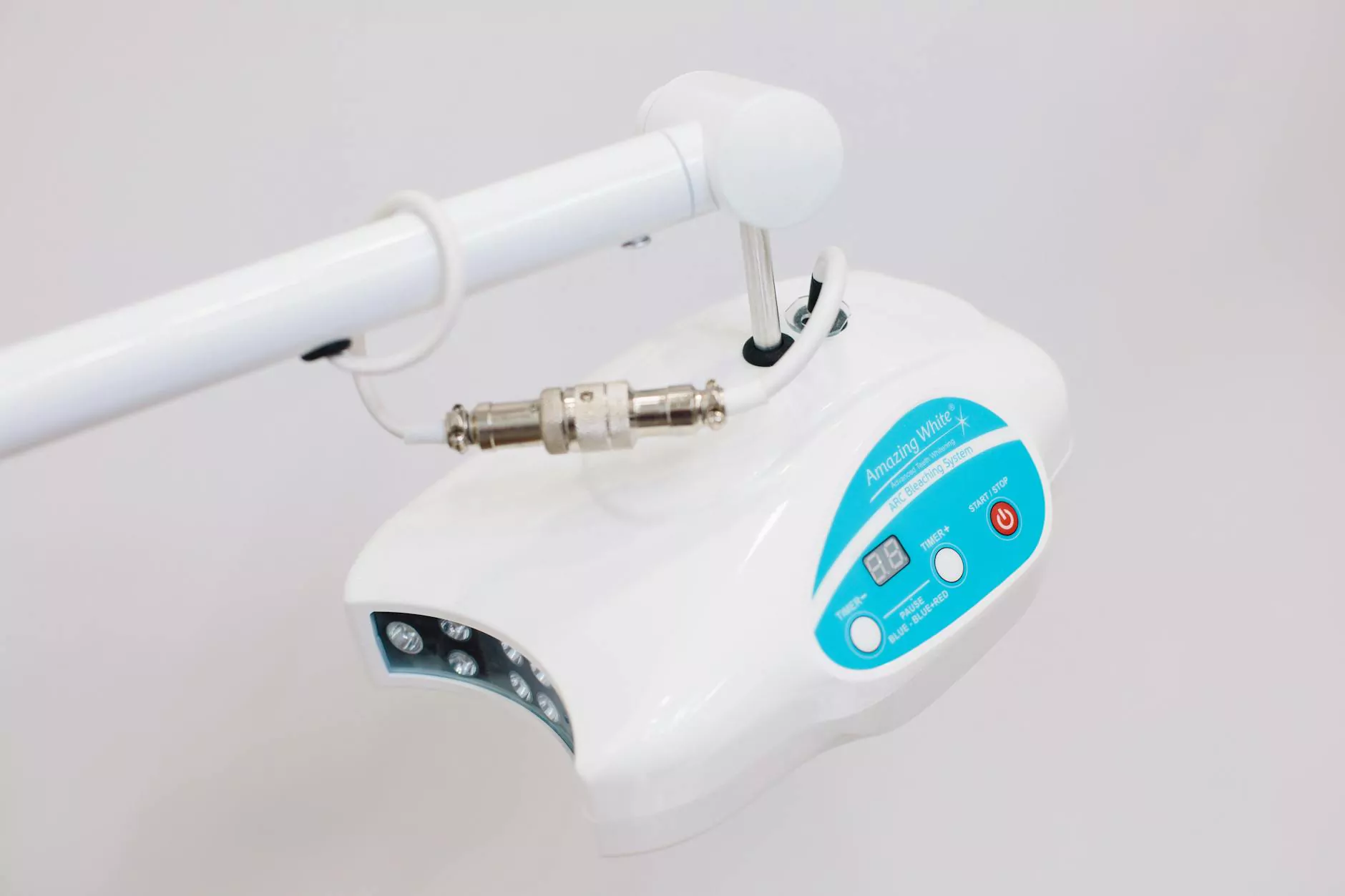Discover the Comprehensive World of Injectable Steroids: Benefits, Risks, and Liver Damage Prevention Strategies

In the dynamic realm of health & medical advancements, injectable steroids have established themselves as critical tools, particularly within sports medicine and drugstore retail sectors. While these potent substances offer remarkable benefits in promoting muscle growth, accelerating recovery, and managing various health conditions, they also pose significant risks—especially to the liver. Understanding the nuanced intricacies surrounding injectable steroids and their impact on hepatic health is paramount for healthcare professionals, athletes, and consumers alike. This detailed guide aims to address all vital aspects of the topic, with a particular focus on how injectable steroids may contribute to liver damage and how to mitigate these risks efficiently.
What Are Injectable Steroids? An In-Depth Overview
Injectable steroids are synthetic substances designed to mimic the naturally occurring hormones like testosterone. Unlike oral steroids, they are administered via injection directly into the muscle tissue, offering certain advantages such as sustained release and reduced gastrointestinal strain. These steroids have found broad applications including medical treatments for hormonal deficiencies, muscle wasting diseases, and widespread use in athletic and bodybuilding circles for performance enhancement.
Types of Injectable Steroids
- Testosterone-based steroids – the most common type utilized for hormone replacement therapy and performance enhancement.
- Nandrolone – often used for muscle wasting and anemia.
- Trenbolone – a potent anabolic steroid favored by bodybuilders but associated with significant health risks.
- Deca-Durabolin – known for its muscle growth effects and used medically for chronic conditions.
The Benefits of Injectable Steroids in Modern Medicine and Sports
Injectable steroids provide numerous benefits, which have led to their continued popularity when used responsibly under medical supervision and when ethically administered within sports. Some of the key advantages include:
- Enhanced Muscle Mass and Strength: Significantly accelerates muscle hypertrophy, benefiting athletes and bodybuilders.
- Rapid Recovery and Reduced Fatigue: Promotes faster healing of tissues, reducing downtime after injuries.
- Management of Hormonal Disorders: Corrects testosterone deficiencies and other endocrine abnormalities.
- Therapeutic Support in Medical Conditions: Assists with muscle wasting diseases like HIV/AIDS, anemia, or osteoporosis.
- Improved Physical Performance: When used under professional guidance, enhances stamina, endurance, and overall athletic capacity.
Understanding the Risks: The Link Between Injectable Steroids and Liver Damage
Despite their numerous benefits, the misuse or overuse of injectable steroids can lead to severe health complications. Of particular concern is the liver damage associated with anabolic steroid use. The liver, being the primary organ responsible for metabolizing toxins and drugs, is vulnerable when exposed to high doses or prolonged steroid administration.
How Do Injectable Steroids Contribute to Liver Damage?
Injectable steroids, especially those with oral derivatives or modified structures, may exert hepatotoxic effects. The mechanisms include:
- Hepatocellular Injury: Toxic metabolites can cause direct damage to liver cells, leading to inflammation and cell death.
- Bile Duct Obstruction: Some steroids disrupt bile flow, increasing the risk of cholestasis, a condition marked by yellowing of the skin and hepatomegaly.
- Oxidative Stress: Excessive steroid metabolism generates free radicals, contributing to oxidative damage within hepatic tissues.
- Altered Liver Enzymes: Elevated liver enzymes such as ALT and AST often indicate liver stress or injury.
Signs and Symptoms of Liver Damage in Steroid Users
Recognizing early signs of liver damage is vital. Symptoms may include:
- Jaundice: Yellowing of the skin and eyes
- Dark Urine and Pale Stools
- Abdominal Pain or swelling in the upper right quadrant
- Unexplained Fatigue and weakness
- Nausea and Vomiting
- Elevated Liver Enzymes in blood tests
Minimizing and Managing Liver Risks Associated with Injectable Steroids
Mitigating the risk of liver damage involves responsible use, medical supervision, and lifestyle choices:
- Undergo Medical Evaluation: Consult healthcare providers before starting steroid therapy to assess liver health.
- Limit Dosage and Duration: Use the lowest effective dose for the shortest possible period.
- Choose Liver-Friendly Steroids: Prefer compounds with a reduced hepatotoxic profile when possible.
- Incorporate Liver Support Supplements: Supplements such as milk thistle, N-acetylcysteine, and silymarin may support hepatic health.
- Routine Blood Monitoring: Regular liver function tests to detect early signs of hepatic stress.
- Adopt a Healthy Lifestyle: Maintain a balanced diet, avoid alcohol, and minimize the use of other hepatotoxic substances.
Legal and Ethical Considerations in the Use of Injectable Steroids
While injectable steroids have therapeutic uses, their non-medical, performance-enhancing use often falls outside legal boundaries in many jurisdictions. Ethical practice requires strict adherence to medical guidelines and regulations to prevent misuse and associated health risks. Retailers such as SteroidGearsStore.com emphasize responsible dispensing, ensuring users are well-informed about potential dangers and proper protocols.
The Critical Role of Pharmacists and Retailers in Promoting Safe Use
Drugstores and online retailers play a pivotal role in disseminating accurate information. They should:
- Provide detailed product information, emphasizing safe use.
- Encourage consulting medical professionals before commencement.
- Offer guidance on monitoring liver health during therapy.
- Ensure compliance with legal standards and ethical marketing practices.
Conclusion: Prioritizing Health and Safety in the Use of Injectable Steroids
Injectable steroids are powerful tools in medical therapy and athletic enhancement but must be handled with caution. The potential risk of liver damage underscores the importance of responsible usage, medical supervision, and ongoing health monitoring. For practitioners, athletes, and consumers, the goal should always be to balance the undeniable benefits with the serious health risks involved.
Understanding the complexities of injectable steroids and their impact on hepatic function enables better decision-making. When used judiciously and responsibly, these substances can provide significant health and performance benefits while minimizing harm. Professionals and retail outlets like SteroidGearsStore.com are committed to promoting safe practices and empowering users with knowledge to protect their health long-term.
Further Resources and Support
- Consult licensed healthcare providers for personalized advice.
- Participate in reputable medical forums dedicated to sports medicine and endocrinology.
- Review scientific studies on steroid pharmacology and hepatotoxicity.
- Seek professional laboratory testing for liver function periodically.
Remember, health and safety should always come first. Being well-informed and cautious is the best approach to using injectable steroids effectively and safely, ensuring a balanced life with optimal physical performance and well-being.
injectable steroids and liver damage








